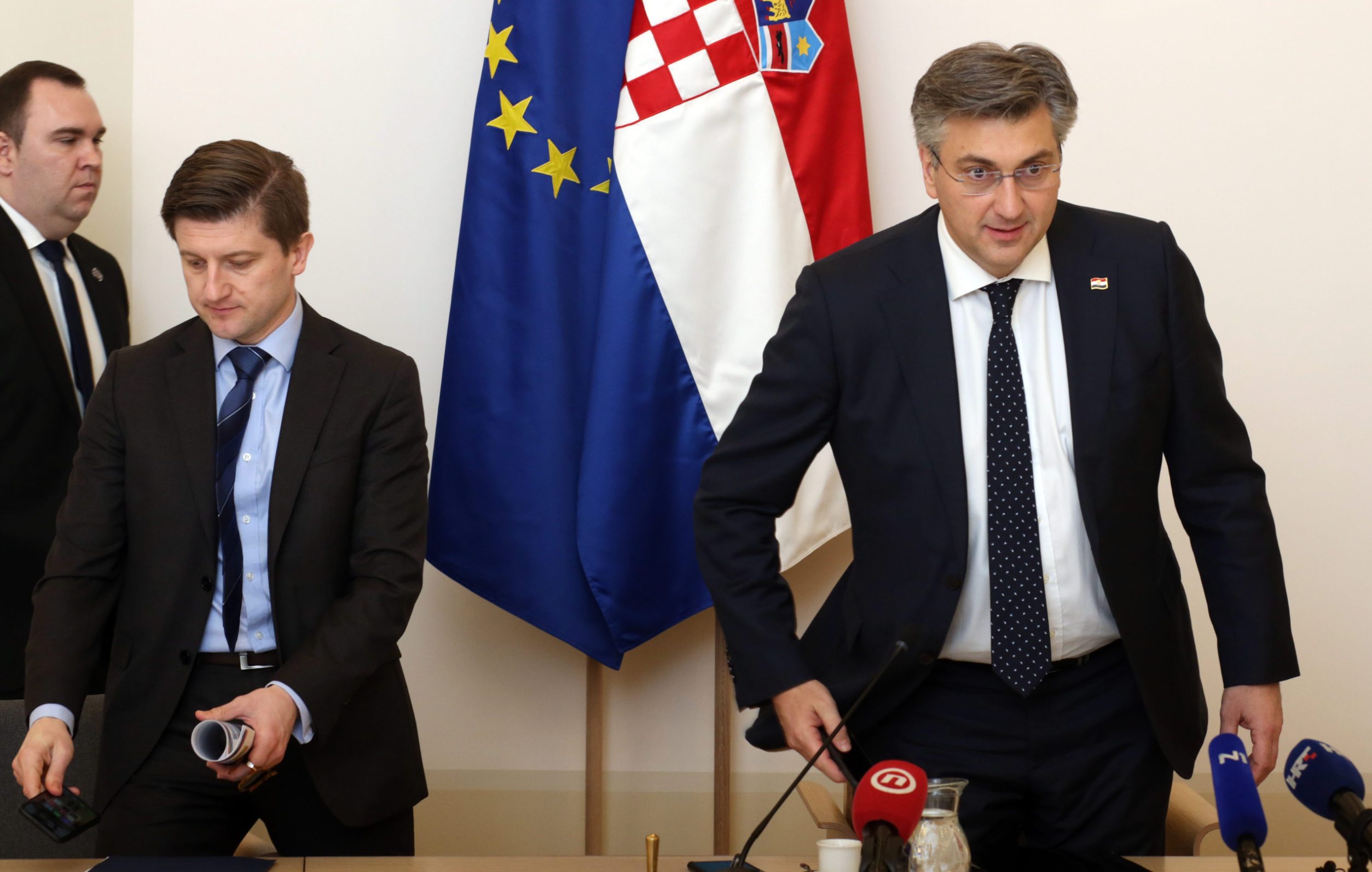"Croatia has recorded limited progress and stands alongside 14 member states. The remaining 13 have recorded certain progress," Maric said.
The European Commission on Wednesday published country reports analysing each member state's key socio-economic challenges and the level of progress made.
Maric considers that the most important thing is that the EC has recorded that Croatia's economic growth is stable.
"However, the thing that we all have to focus on is the implementation of structural measures and reforms because both monetary and fiscal policies have yielded and will continue to yield results thus contributing to economic growth and its sustainability," he said.
The focus now is on structural challenges, and the EC reports identifies what has been done and what still needs to be done, said Maric.
He reiterated that the key to ensuring a sustainable economic growth and impacting growth potential was implementation of reforms in public administration, health system and judiciary, dealing with the issue of demography, etc.
The government's current National Reform Programme contains 100 measures and so far one-third have been implemented, underscored Maric.
We still have until April and we expect that as far as fulfilling the measures is concerned, we will certainly surpass last year's level of just under 60%, he added.
After five years of economic recovery, Croatia's GDP last year reached its pre-crisis level, however, the EC's report notes that Croatia’s GDP per capita relative to the EU average was still at the same level as ten years earlier, Maric added.
The EC also notes that "Croatia further reduced its external imbalances ... but remains below prudential levels," said Maric.
The EC on Wednesday published its European Semester Winter Package with reports on overall economic and social progress made in each EU member state and an analysis of the macroeconomic situation in countries with macroeconomic imbalances or excessive macroeconomic imbalances.






Komentari
0